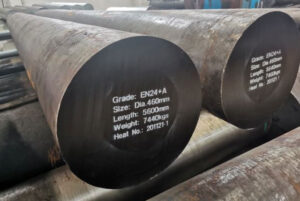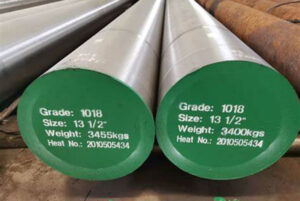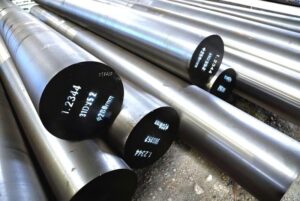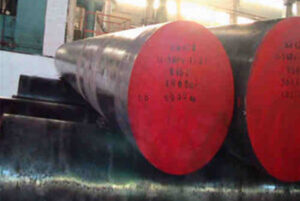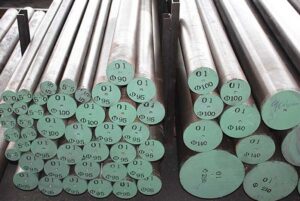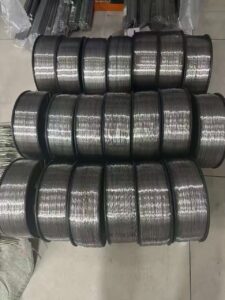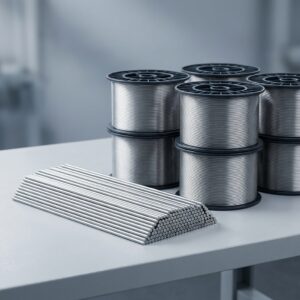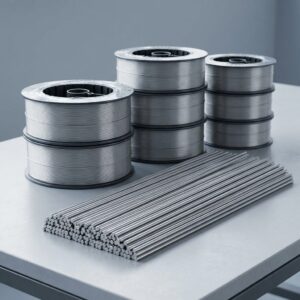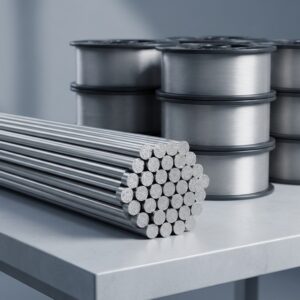Tổng quan về Thép hợp kim Coban-Niken-Crôm-Molypden Haynes 25
When it comes to high-performance materials for extreme environments, few alloys can match the prowess of Haynes 25. Also known as L605, this cobalt-nickel-chromium-molybdenum alloy steel is renowned for its exceptional strength, oxidation resistance, and high-temperature performance. But what exactly makes this alloy so special? Let’s dive into the fascinating world of Haynes 25 and uncover its secrets.
What is Haynes 25 Cobalt-Nickel-Chromium-Molybdenum Alloy Steel?
Haynes 25 is a superalloy that boasts a unique combination of elements, making it incredibly versatile and robust. This alloy is particularly prized in industries where high-stress conditions and extreme temperatures are the norms. Think aerospace, gas turbines, and nuclear reactors—places where only the toughest materials can survive.
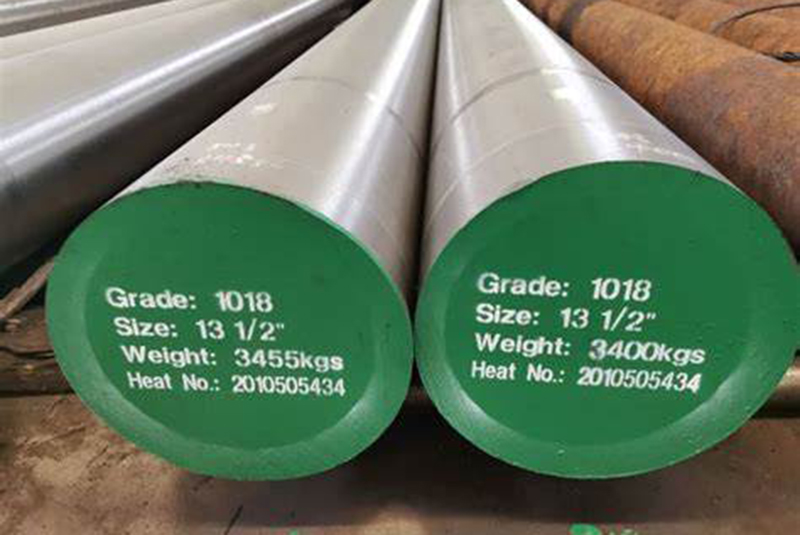
Chemical Composition of Thép hợp kim Coban-Niken-Crôm-Molypden Haynes 25
The magic of Haynes 25 lies in its chemical composition. Each element in this alloy contributes to its overall performance, providing a perfect balance of properties.
| Nguyên tố | Tỷ phần trăm |
|---|---|
| Cobalt (Co) | 50% |
| Niken (Ni) | 10% |
| Crôm (Cr) | 20% |
| Molypden (Mo) | 10% |
| Vonfram (W) | 15% |
| Sắt (Fe) | 3% |
| Manganse (Mn) | 1.5% |
| Silicon (Si) | 0.4% |
| Carbon (C) | 0.1% |
Why This Combination?
The high cobalt content provides excellent strength and toughness. Nickel and chromium enhance oxidation and corrosion resistance, while molybdenum and tungsten improve hardness and high-temperature stability. This balanced mix makes Haynes 25 an all-rounder in harsh environments.
The Mechanical Properties of Haynes 25 Cobalt-Nickel-Chromium-Molybdenum Alloy Steel
Understanding the mechanical properties of Haynes 25 gives insight into its real-world applications. Here’s a look at some key attributes:
| Tài sản | Giá trị |
|---|---|
| Độ đặc | 9.13 g/cm³ |
| Melting Range | 1330-1410°C |
| Độ bền kéo | 965 MPa |
| Độ bền kéo | 415 MPa |
| Độ giãn dài | 35% |
| Hardness (Rockwell C) | 35 HRC |
Performance Under Stress
Haynes 25 maintains its strength and hardness even at high temperatures, making it ideal for applications like turbine blades and combustion chambers where consistent performance is crucial.
Applications of Haynes 25 Cobalt-Nickel-Chromium-Molybdenum Alloy Steel
Thanks to its remarkable properties, Haynes 25 finds use in various high-demand sectors. Here are some of its primary applications:
| Đơn đăng ký | Chi tiết |
|---|---|
| Aerospace Components | Jet engine components, turbine blades, afterburners |
| Industrial Gas Turbines | Combustion liners, transition ducts, and other hot-section components |
| Nuclear Reactors | Structural components, heat exchangers, and reactor cores |
| Thiết bị y tế | Surgical instruments, orthopedic implants |
| Xử lý hóa chất | Heat exchangers, valve components, and piping systems |
Why Choose Haynes 25 for These Applications?
Its ability to withstand high temperatures without losing strength or becoming brittle makes Haynes 25 indispensable in these fields. Moreover, its resistance to oxidation and corrosion ensures longevity and reliability in demanding environments.
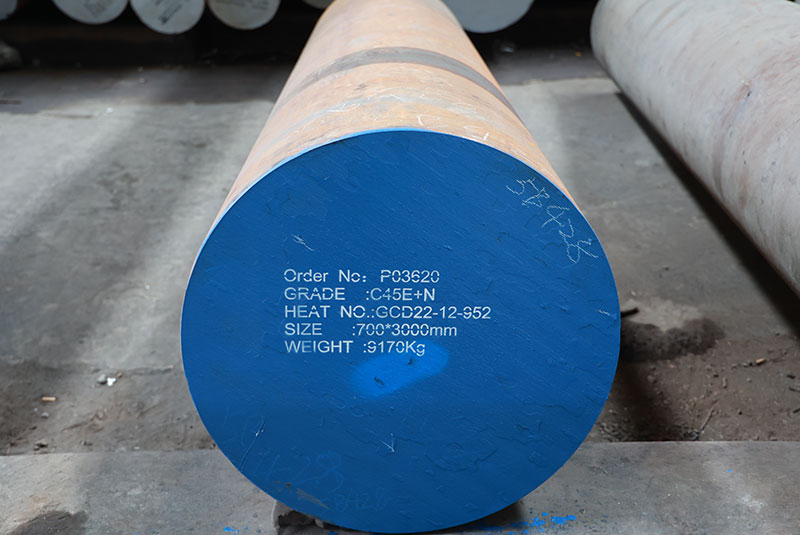
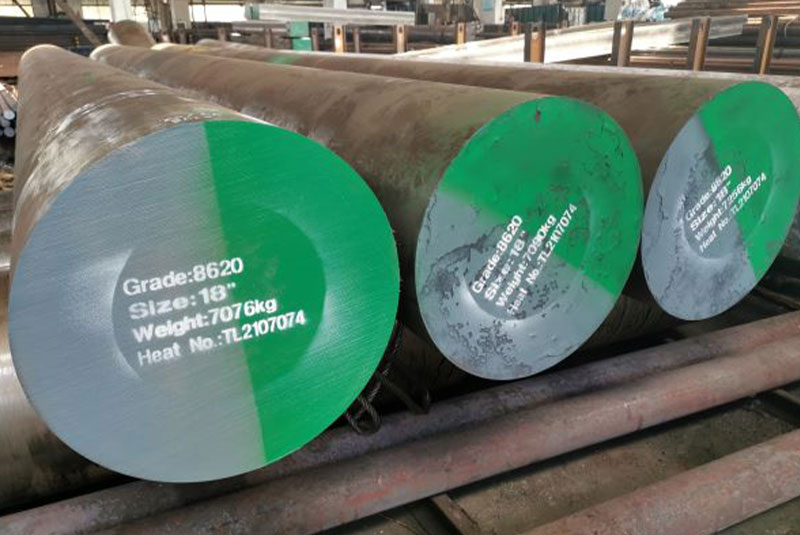
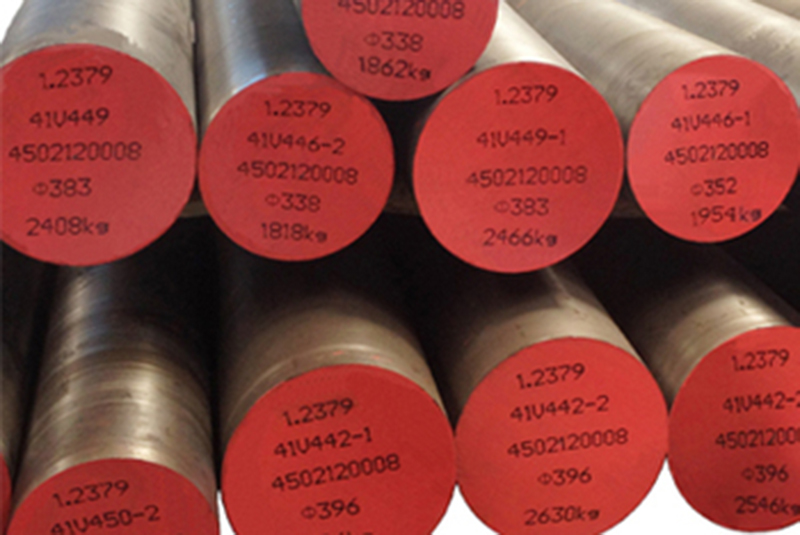
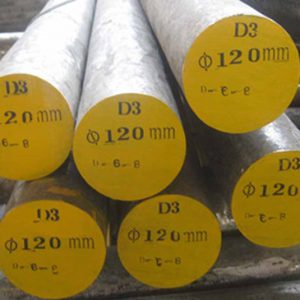
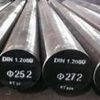
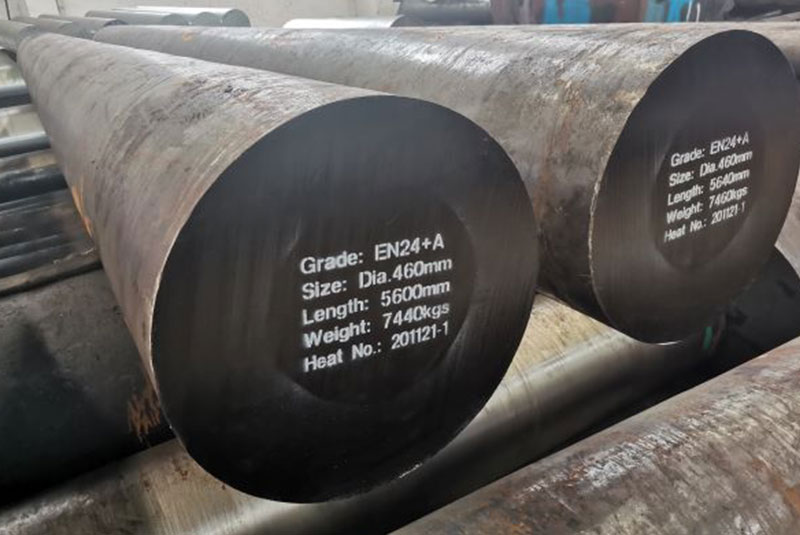
Xử lý nhiệt của Thép hợp kim Coban-Niken-Crôm-Molypden Haynes 25
Proper heat treatment is essential to optimize the properties of Haynes 25 for specific applications. The following table outlines the standard heat treatment processes for this alloy:
| Quy trình | Temperature Range | Time | Cooling Method |
|---|---|---|---|
| Solution Annealing | 1200-1250°C | 2-4 hours | Air or rapid cooling |
| Aging | 600-800°C | 8-16 hours | Air cooling |
| Stress Relieving | 700-800°C | 1-2 hours | Air cooling |
Tailoring Properties Through Heat Treatment
Heat treatment can significantly enhance the alloy’s properties. Solution annealing dissolves carbide precipitates, improving ductility and toughness. Aging at lower temperatures helps in precipitate formation, enhancing strength and hardness.
Suppliers and Pricing Details of Haynes 25 Cobalt-Nickel-Chromium-Molybdenum Alloy Steel
Finding reliable suppliers and understanding pricing is crucial for procurement. Here’s a snapshot of some prominent suppliers and price ranges:
| Nhà cung cấp | Location | Pricing (per kg) | Additional Services |
|---|---|---|---|
| Haynes Quốc tế | Hoa Kỳ | $80 – $100 | Custom fabrication, cutting |
| Special Metals Corporation | UK | $85 – $105 | Technical support, logistics |
| VDM Kim loại | Germany | $90 – $110 | Tailored alloys, rapid delivery |
| ATI Metals | Hoa Kỳ | $75 – $95 | Heat treatment, consulting |
Cost Considerations
While Haynes 25 can be on the pricier side compared to other alloys, its superior performance and longevity often justify the initial investment. Bulk purchasing and long-term contracts can also help in negotiating better prices.
Advantages and Disadvantages of Haynes 25 Cobalt-Nickel-Chromium-Molybdenum Alloy Steel
Every material has its strengths and weaknesses. Here’s a balanced look at what Haynes 25 brings to the table:
| Aspect | Ưu điểm | Nhược điểm |
|---|---|---|
| Sức mạnh | Exceptional at high temperatures | May require special handling and machining |
| Khả năng chống ăn mòn | Excellent in oxidizing and carburizing environments | Susceptible to certain types of intergranular corrosion |
| Durability | Long-lasting even under extreme conditions | Higher cost compared to other alloys |
| Versatility | Suitable for a wide range of applications | Limited availability compared to more common alloys |
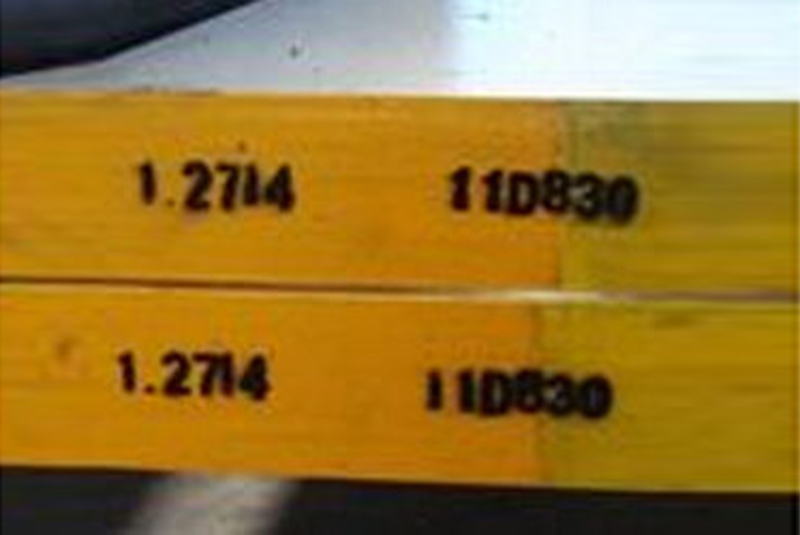
Câu hỏi thường gặp
Here are some common questions about Haynes 25, answered to help you understand this alloy better:
| Câu hỏi | Trả lời |
|---|---|
| What makes Haynes 25 different from other superalloys? | Haynes 25 has a unique blend of cobalt, nickel, chromium, and molybdenum, providing an excellent balance of high-temperature strength and oxidation resistance. |
| Is Haynes 25 suitable for welding? | Yes, it can be welded using conventional methods, but it’s advisable to perform post-weld heat treatment to maintain its properties. |
| Can Haynes 25 be machined easily? | While machinable, it requires carbide-tipped tools and slower cutting speeds due to its hardness. |
| What industries use Haynes 25 the most? | Aerospace, nuclear, medical, and chemical processing industries are the primary users of Haynes 25. |
| How does Haynes 25 compare to Inconel alloys? | Both are excellent at high temperatures, but Haynes 25 offers better wear resistance, while Inconel alloys might have better oxidation resistance at certain temperatures. |
Kết luận
Haynes 25 cobalt-nickel-chromium-molybdenum alloy steel is a remarkable material designed for the most demanding environments. Its unique chemical composition, superior mechanical properties, and wide range of applications make it a top choice for industries where performance cannot be compromised. While it may come at a higher cost, its benefits in terms of durability, strength, and reliability often make it a worthwhile investment. Whether you’re in aerospace, nuclear, or any high-stress field, Haynes 25 is a material that can stand the test of time and conditions.

